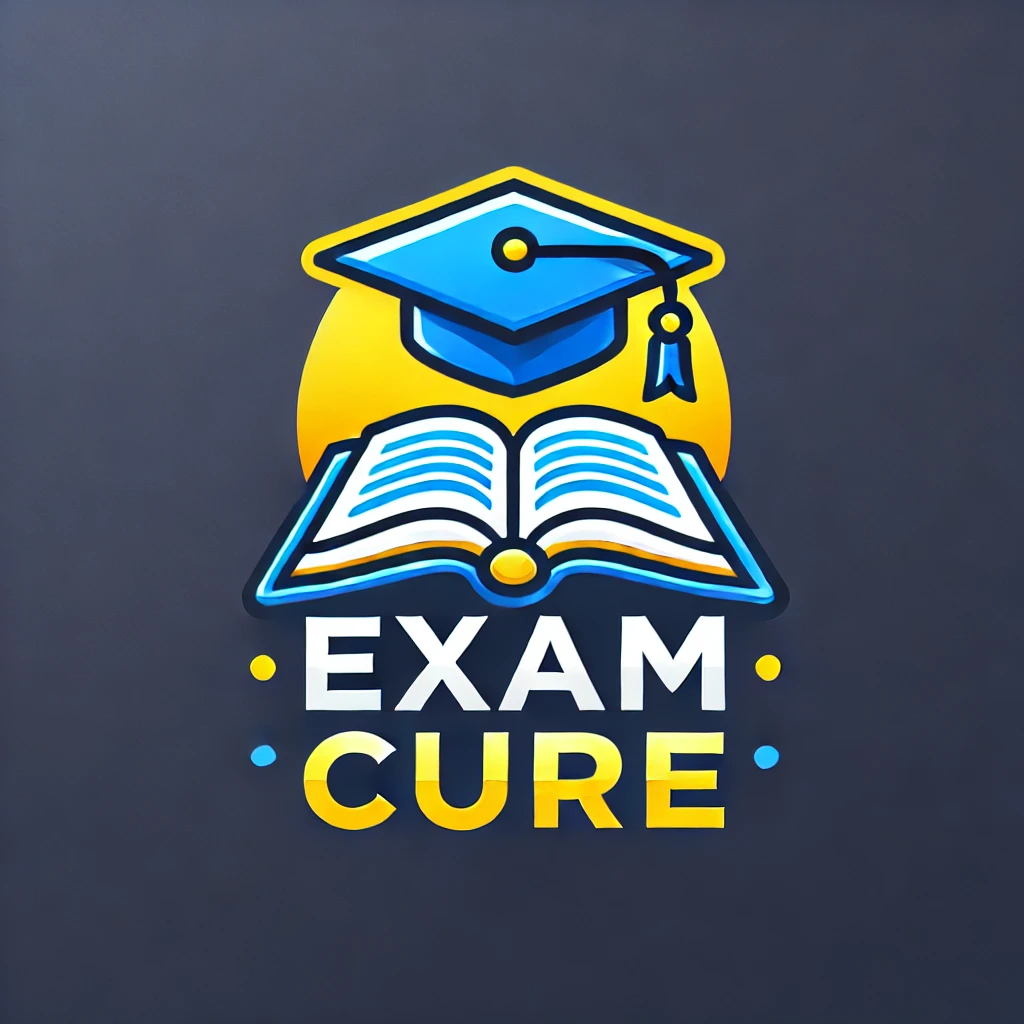DHA Pharmacist Licensing Exam MCQs Bank – 2025
Prepare confidently for Gulf and international pharmacist licensing exams with our expertly crafted MCQ bank.
Includes over 2000+ board-style MCQs with detailed explanations for correct and incorrect answers.
Fully aligned with the official exam blueprints of major Gulf authorities, including:
▫️ DHA – Dubai Health Authority
Covers high-yield blueprint topics:
▫️ Pharmacology
▫️ Clinical Toxicology
▫️ Drug Calculations
▫️ Dispensing & Regulatory Practice
▫️ Patient Safety & Counseling
Ideal for Gulf pharmacists, international candidates, and exam retakers.
📝 Add the Full-Length Practice Test to build confidence under timed exam conditions.
💰 Pricing
We extend access until you pass.
If you don’t pass the Pharmacist Prometric Exam, we’ll continue your access beyond 6 months at no extra cost.
📩 Contact us on WhatsApp to activate your extended access.
🔓 6-Month Full Access
$69.99 (≈ AED 257)
One-time payment for 6 months of unlimited access to:
-
2000+ board-style Pharmacist MCQs
-
Detailed answer explanations
-
Practice test simulations
💳 Flexible Payment Options
Via Tabby (4 Installments)
Pay in 4 interest-free installments via Tabby
(Available in UAE, Saudi Arabia, Kuwait, Bahrain)
📩 Contact us to receive your Tabby payment link.
Instant Web Checkout (2 Installments)
Split payment in 2 monthly parts using credit/debit card — no WhatsApp needed.
Course contents
Pharmacy DHA Prometric Exam Overview
How many hours is the Pharmacy Exam?
How many questions is the Pharmacy Exam?
What topics are covered on the Pharmacy DHA prometric Exam?
More About the Pharmacy DHA Prometric Exam
Pharmacist Prometric Exam
Duration: 3 Hours
Number of Questions: 150
Exam Code: PHO5481
Fee: USD 240
Pass Score: 60%
---
Exam Coverage
1. Toxicology
Focus Areas: Principles of toxicology, types of toxic agents, and overdose management.
Key Concepts:
Mechanisms of toxicity, antidotes, and emergency treatment protocols.
Tips: Familiarize yourself with common toxic substances and their antidotes.
2. Medicinal Chemistry
Focus Areas: Structure-activity relationships (SAR), drug design, and molecular pharmacology.
Key Concepts:
Chemical properties influencing drug action and metabolism.
Tips: Review functional groups and their effects on drug action.
3. Sterile and Nonsterile Compounding
Focus Areas: Principles of aseptic technique, formulation preparation, and handling.
Key Concepts:
USP standards for compounding and calculations.
Tips: Practice calculations and ensure familiarity with compounding regulations.
4. Pharmaceutics/Biopharmaceutics
Focus Areas: Drug delivery systems, formulation design, and bioavailability.
Key Concepts:
Factors affecting drug release, absorption, and distribution.
Tips: Study different dosage forms and their impact on drug efficacy.
5. Pharmacognosy and Dietary Supplements
Focus Areas: Natural sources of drugs, herbal supplements, and safety.
Key Concepts:
Active compounds in herbs, supplement regulation, and contraindications.
Tips: Understand the therapeutic uses and potential risks of common supplements.
6. Pharmacy Calculation and Compounding
Focus Areas: Dosage calculations, conversions, and concentration adjustments.
Key Concepts:
Converting units, calculating dilutions, and preparing correct dosages.
Tips: Practice calculations regularly to improve speed and accuracy.
7. Clinical Pharmacogenomics
Focus Areas: Genetic influences on drug metabolism and personalized medicine.
Key Concepts:
Genetic variants affecting drug response and personalized therapy.
Tips: Review pharmacogenomic testing and its implications on treatment plans.
8. Infection Control
Focus Areas: Methods of infection prevention, hygiene protocols, and antibiotic stewardship.
Key Concepts:
Sterilization techniques, handling hazardous materials, and infection control in pharmacy settings.
Tips: Understand standard infection control procedures and isolation protocols.
9. Pharmacokinetics
Focus Areas: Drug absorption, distribution, metabolism, and elimination (ADME).
Key Concepts:
Half-life, clearance, volume of distribution, and dosing intervals.
Tips: Focus on calculations and interpreting pharmacokinetic data.
10. Pharmaceutical Care and Disease State Management
Focus Areas: Patient-centered care and therapeutic management for various diseases.
Key Concepts:
Tailoring drug therapy based on patient needs and disease characteristics.
Tips: Understand common disease management protocols and therapeutic options.
11. Medication Safety
Focus Areas: Prevention of medication errors, adverse drug events, and safe prescribing.
Key Concepts:
Risk factors for errors, strategies for error reduction, and monitoring systems.
Tips: Familiarize yourself with safety standards and error reporting mechanisms.
12. Over the Counter Medication
Focus Areas: Common OTC drugs, indications, contraindications, and patient counseling.
Key Concepts:
Safe use of OTC medications, side effects, and interactions with prescription drugs.
Tips: Review common OTC products and their appropriate uses.
13. Pharmacy Law and Ethics
Focus Areas: Legal aspects of pharmacy practice, regulatory compliance, and ethical considerations.
Key Concepts:
Confidentiality, informed consent, and pharmacist responsibilities.
Tips: Study local regulations and professional ethical standards.
14. Clinical Pharmacology and Therapeutic Decision Making
Focus Areas: Rational drug selection, therapeutic guidelines, and evidence-based medicine.
Key Concepts:
Drug efficacy, side effects, interactions, and clinical decision-making.
Tips: Focus on analyzing patient cases and choosing appropriate therapies.
---
Study Recommendations
1. Blueprint-Based Preparation
Allocate study time based on the weight of each topic. Focus more on high-yield areas such as pharmacokinetics, medication safety, and disease state management.
2. Core Textbooks and References
Recommended Books:
The APhA Complete Review for Pharmacy – A comprehensive resource for reviewing all pharmacy topics.
Goodman & Gilman’s The Pharmacological Basis of Therapeutics – For in-depth understanding of pharmacology.
Pharmaceutical Calculations by Howard C. Ansel – Essential for mastering pharmacy calculations.
3. Practice with Clinical Scenarios
Many questions are scenario-based. Practice with clinical cases to apply theoretical knowledge to practical situations.
4. Mock Tests and Timed Practice
Take timed mock exams to improve pacing and comfort with the question format.
5. Review Guidelines and Protocols
Emphasize infection control protocols, medication safety, and clinical pharmacokinetics.
6. Stay Updated on Recent Guidelines
Review the latest guidelines for disease state management and pharmacy regulations.
---
By following this structured outline and focusing on the key areas highlighted in the blueprint, you can improve your readiness for the DHA Pharmacist Prometric Exam. Best of luck with your preparation!

